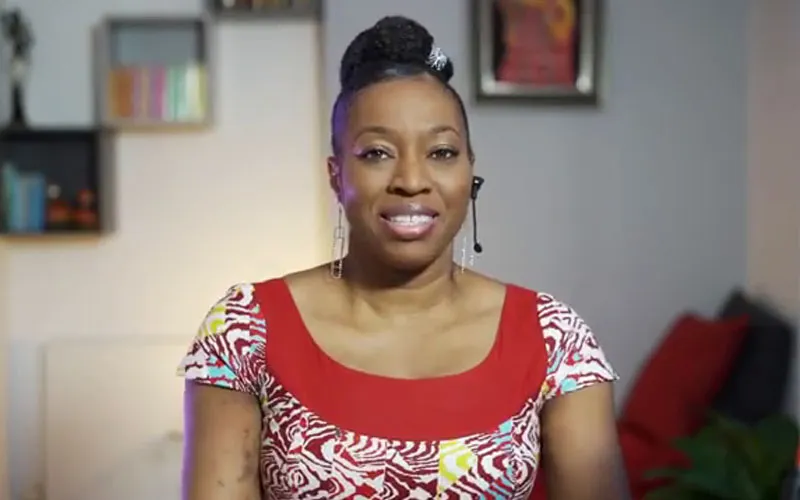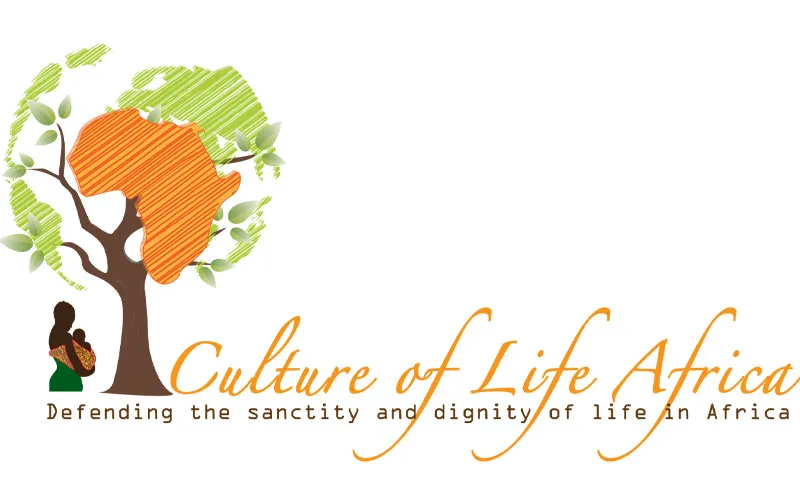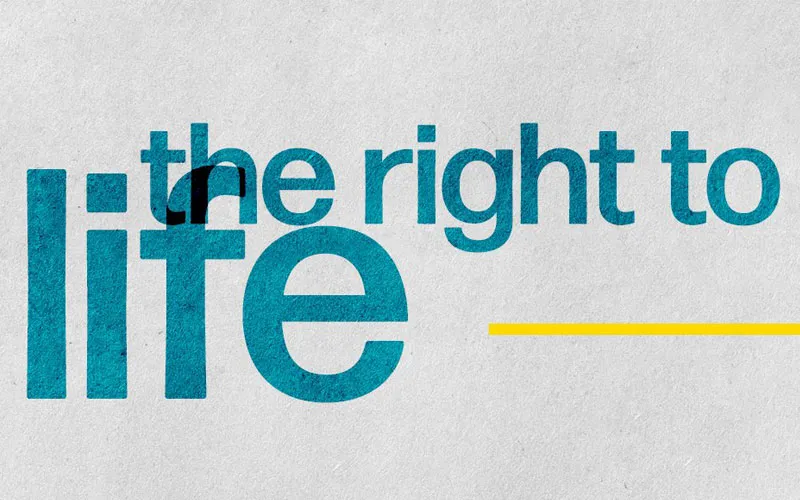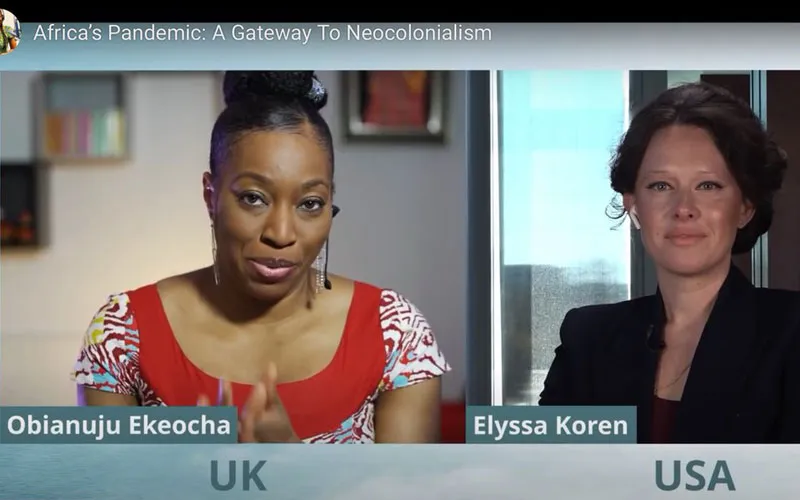The UN Pro-Life advocate notes that the World Health Organization (WHO) said the same thing.
“Once again, they (WHO) classified abortion as an essential service, this time directing governments to ensure that abortion is offered as an essential service to anyone that wants it during the course of the pandemic,” she says in the 32-minute Culture of Life Africa report.
Other social activists across the continent who express their views in the report appeal to Western donors to stay out of Africa’s affairs concerning health and legal processes.
The Chairman of the Ethics, Peace and Justice Commission (EPJC) of the Evangelical Association of Malawi, Dr. Zacc Kawalala, narrates how, despite the poor state of the healthcare system in the Southeastern African landlocked country, there was an attempt to push for abortion in Malawi’s parliament.

(Story continues below)
He says the country’s traditional leaders, including the Clergy and members of parliament were among groups that were enticed to advance the abortion agenda.
“They were taken out to conferences to be taught about passing the Bill in the time when the country should be focusing on COVID-19,” says Dr. Kawalala, adding that some members of the Clergy went ahead to form a coalition of pro-choice people in support of abortion.
A majority of funding to entice influential leaders in Malawi in rallying for support for abortion was provided by Ipas, an international American organization focused on expanding access to abortion and contraception, Dr. Kawalala who says he is passionate about the preservation of life notes.
“The funding is not local,” the social activist says and adds, “It is not from the Malawi government. It is Ipas and another organization funding a certain gynecologist and a local institution COPIA going out dishing out big monies.”
He says the EPJC leadership moved fast to appeal to Malawi’s members of parliament (MPs) “who had been taken to dinners, luncheons and seminars to be educated on the abortion Bill” not to pass the bill in parliament.

The official of the Evangelical Association of Malawi further adds that 125 MPs out of 188 MPs turned up for the meeting with the commission and expressed their rejection of the abortion bill.
Dr. Kawalala who doubles as Chaplain for the fraternity of Evangelicals in the Malawi parliament appeals to foreign advocacy groups to stay out of the affairs of Malawi.
“The people in this nation are not for this (abortion) Bill. It is the West that is trying to impose itself upon the laws of Malawi,” he says.
He continues, “In law formulation, we don’t need a sponsor coming to tell us what laws we should have in this nation. We should be allowed to go through our own processes and if the people of Malawi through their members of parliament are saying no to abortion Bills being reviewed, then let the west stay put and leave Malawi to decide for Malawians.”
The Executive Director of the East African Centre for Law and Justice, Joy Mdivo reiterates Dr. Kawalala’s sentiments.

According to the Human Rights Defender who is passionate about protection of the family and religious freedom, Kenyans are opposed to abortion and would rather protect life from conception.
“Last year, the Kenya Christian Professionals Forum (KCPF) commissioned a study to find out whether Kenyans are in support of abortion on demand. One of the things that came out is that over 85 percent of Kenyans felt strongly against having abortion on demand,” Ms. Mdivo says in the December 6 report.
She asserts referencing the report, “To a very large extent, Kenyans are vehemently opposed to abortion on demand.”
To her, the Reproductive Healthcare Bill of November 2019 sponsored by Kenyan Senator Susan Kihika was baseless and that it did not factor in the views of a majority of Kenyans.

“The bill was a well-coordinated effort and I must give the perpetrators credit because it was in all our news bulletins in all the major media houses, in the media every day,” Ms. Mdivo says adding, “Before people could even internalize what was going on, the Bill was on the floor of the house and it was being debated.”
The Kenyan-born human rights defender notes that precious parliament sittings meant only for urgent issues of national concern during COVID-19 lockdown in Kenya were used to discuss the Bill.
She recalled that a letter in support of Kihika’s Bill was signed by Civil Society Organizations working from Kenya and that most of them were foreign sponsored.
“That tells you the women agenda in Kenya is not being set by the Kenyan society but by those backing it and the donors,” she says.

Highlighting how the Bill received wide media coverage in Kenya, the social activist says, “You would watch the lunch hour news and you would see three or four stories being covered from different parts of Kenya. This is not something newsrooms could afford. Somebody was sponsoring those stories.”
In newspapers, stories that ran on full pages were seen, Ms. Mdivo says, and poses, “To get a whole page in a newspaper, you are looking at least 2 million shillings (US$20,000.00). Who is paying for that? That is not coming from anybody’s pocket.”
“We are in a situation where there is someone bankrolling this. It's definitely not Kenyan money and whoever is bankrolling them is not stingy but quite generous with their support,” she adds.
The mother of three says the Bill was a follow-up attempt on last year’s International Conference on Population and Development (ICPD25), which sought to integrate Comprehensive Sexuality Education (CSE) into the Kenyan education system.
She recommends that in future, matters of sexual reproductive health and especially for teenagers should not be a private member’s Bill, but should instead be a government-sponsored Bill.

“Before they are tabled, government sponsored Bills undergo stakeholder engagement where views of every stakeholder are put into consideration including those of parents, medical professionals and so on. It isn’t just about a private individual coming up with (a Bill),” she explains in the December 6 report shared with ACI Africa.
Such individuals, she says, have been known to have the backing of civil society groups that are sometimes interested in advancing their own interests.
As for Dr. Kawalala, what Malawi needs is access to better learning resources for school going children and good maternal care.
“We should not have women dying because our services in the hospitals that held those who are pregnant are not good at all. That is what we need. During this time of COVID-19, we should not be talking about abortion, we should be talking about good maternal health and let the world help Malawi address the issue of COVID-19,” he says.

In her call to action in the December 6 report, Ms. Ekeocha urges citizens in the West to follow up on their money finding its way to African countries as some of it, she says, is not being put to good use.
“If you are in the West… your tax dollars and tax pounds are making it to the pockets of a government who might in fact be using the money to influence the deacons and policy-making processes in African countries,” she says.
The renowned filmmaker, author, and social activist also calls upon Africans to raise their voices against those seeking riding on donations to influence their countries’ decision-making processes.
“You should raise your voice,” she says, adding, “You should comment about this kind of neocolonialism. Yes, the fact that a Western organization that has so much money can come to your country and eclipse your voice and your views should not happen at all in your country.”


















